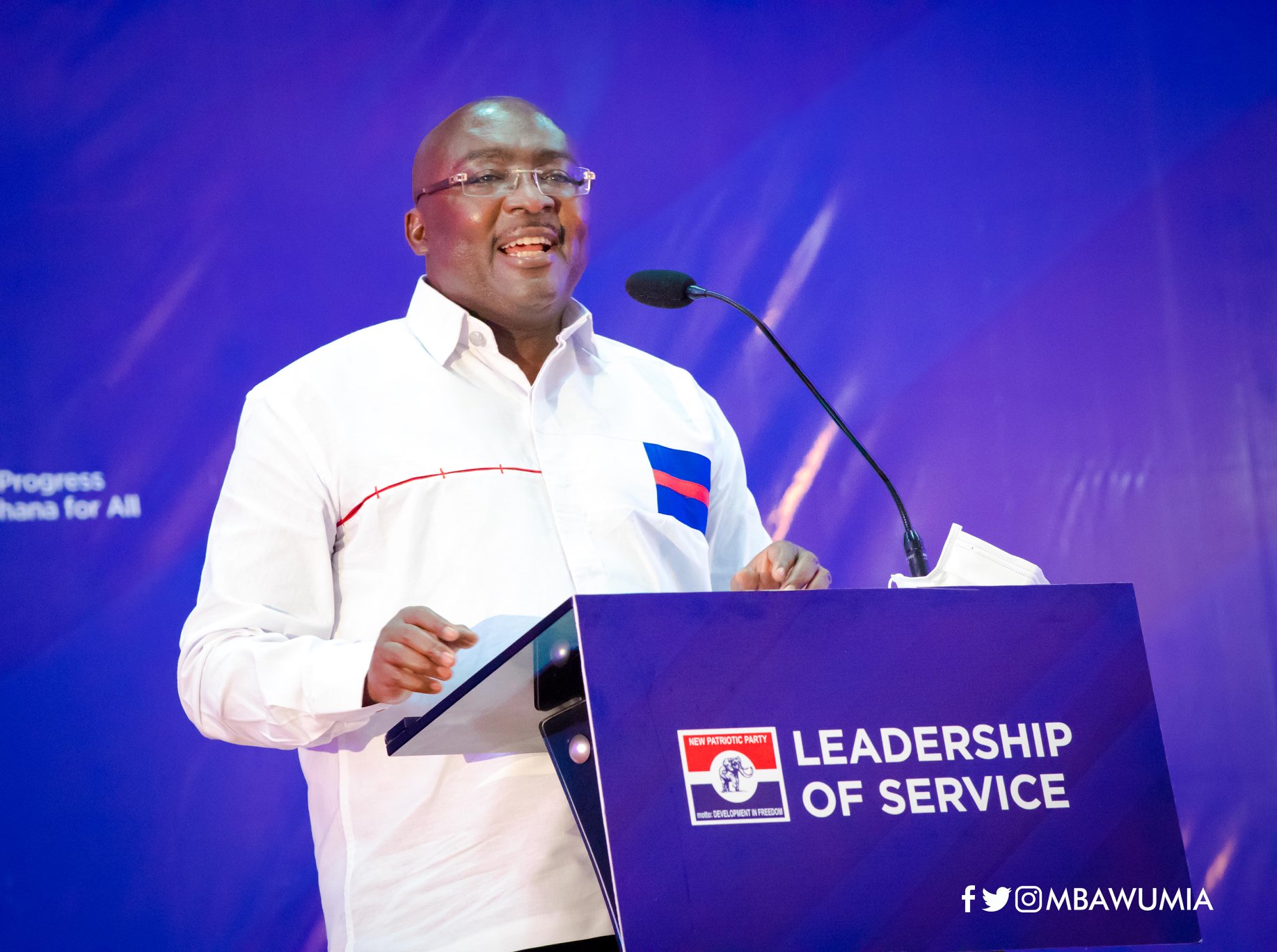Vice President Dr Mahamudu Bawumia said he would abolish the electronic transactions levy popularly referred to as the E-levy if elected president of the republic. Speaking at an event at the UPSA Auditorium, the candidate of the ruling party for the next Presidential elections said he is committed to promoting a cashless economy. Based on that he said he will abolish the E-levy to encourage digital transactions.
“Recently the Bank of Ghana has completed a pilot of a digital version of the Ghana cedi note in Sefwi Wiawso. This is known as central bank digital currency (CBDC) or e-cedi. The e-cedi is designed to work online and offline and will be launched by the Bank of Ghana in due couse.
“In my humble opinion, the e-cedi, with appropriate privacy protections, will be the ultimate weapon in our fight against corruption because it will provide transparency, reduce the risk of fraud, robbery, tax avoidance, and money laundering since it will be easy to track the movement of money and identify suspicious activity. The e-cedi will quicken the pace of Ghana’s move towards a cashless or near cashless society.
“To move towards a cashless economy, however, we have to encourage the population to use electronic channels of payment. To accomplish this, there will be no taxes on digital payments under my administration. The e-levy will, therefore, be abolished,” he stated.
Background of the E-levy Bawumia wants to abolish
The E-levy was first announced by the Minister for Finance Ken Ofori-Atta on November 17, 2021 while presenting the 2022 Budget and Economic Policy Statement in Parliament. Following months of agitations and resistance led by the opposition lawmakers in Parliament, the bill was passed on May 21, 2022.
Initially, the bill was proposed to cover all inward remittances (which would be paid by the recipient), all person-to-person (P2P) mobile transactions (which includes sending of funds to another account, payment for goods and services, payment of utilities and POS/Merchant payments. The charge was 1.75% of the transaction amount with the first GHS100 being free of tax.
Due to the complaints of Ghanaians, Mobile Money service providers MTN and AirtelTigo now AT, decided to reduce their person-to-person charges by 25%. Despite the huge expectations around the revenue potentials of the bill, it did not perform well per reports following its implementation.
Discover more from afkmediaonline
Subscribe to get the latest posts sent to your email.























+ There are no comments
Add yours